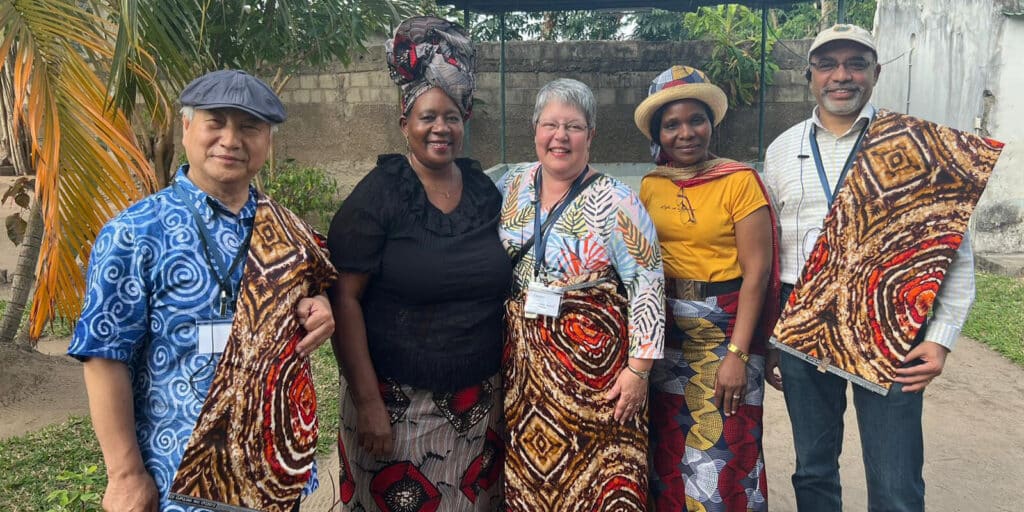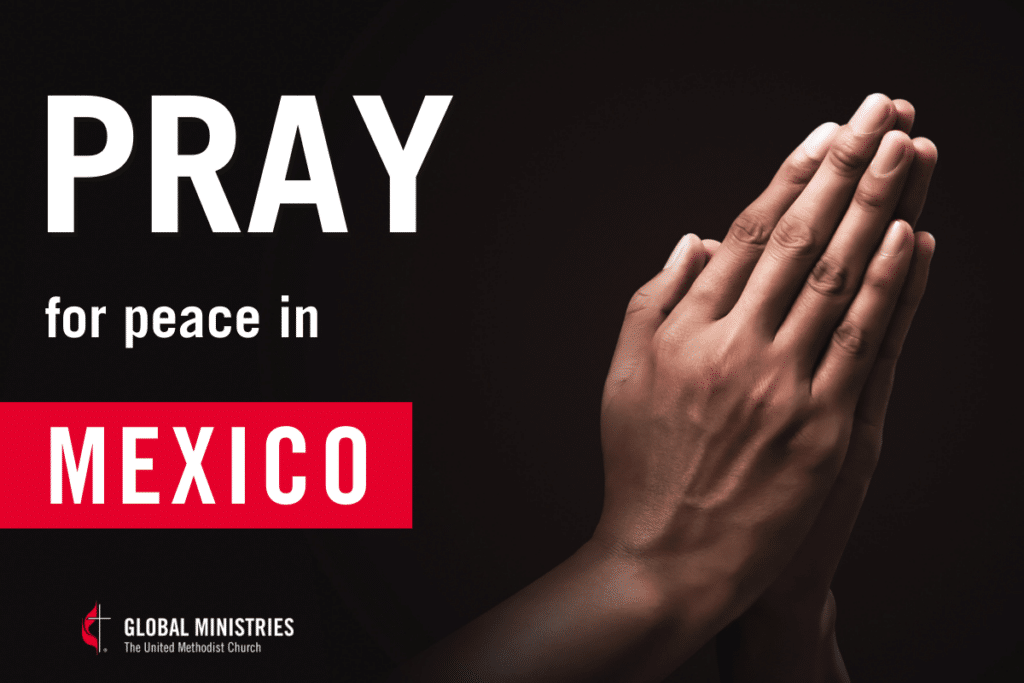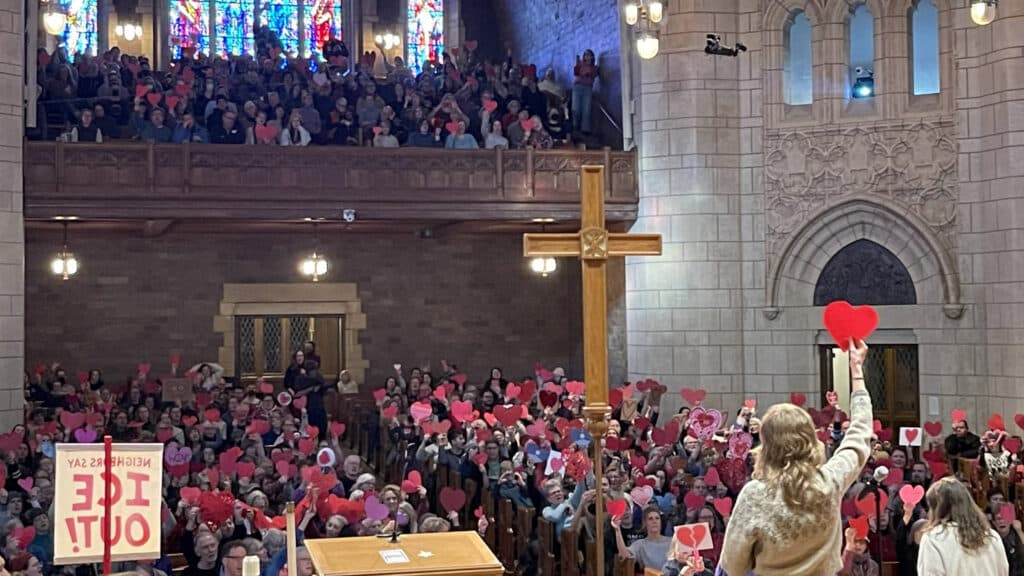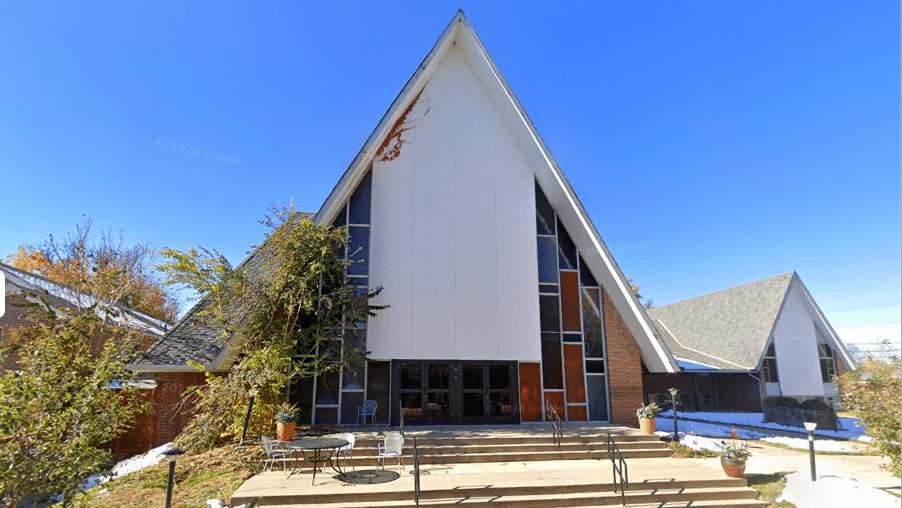Global Ministries recently hosted an Africa Mission Partners Consultation in Maputo, Mozambique, April 17-19. This was the first event of its type held in Africa in several decades and brought together African United Methodist leadership, including bishops and representatives from each of the African UMC annual conferences, representing 17 countries and even more unique cultures. These dedicated leaders were joined in worship and conversation by Global Ministries’ executive committee board members and senior staff, and representatives from other United Methodist agencies, among other guests. It was a long-awaited and welcome reunion for so many of us.
Over the course of three days, we gathered to sing praises to God and pray together. We sang familiar hymns and other songs in many languages, which reminded me of the diversity of God’s people and that we are one in Christ. We also used this time together to do the important work of listening to our partners in Africa. The intention of Global Ministries for this event was to intensely listen and learn about our partners’ contexts, priorities and vision for God’s mission in Africa. It was a tangible expression of our Theology of Mission, which calls us to witness what “God has done and is doing, and to learn from what God is doing in every land where disciples gather in the name of Jesus Christ” (to seek to hear God’s voice and bear witness to God’s activity in every local setting).
At the beginning of the gathering, Bishop Nhanala arranged a meeting for United Methodist leaders present at the conference with the president of Mozambique, Filipe Nyusi. We were all impressed at the depth of the president’s knowledge of The United Methodist Church, as well as key areas of environmental shifts and disaster response.
It was a remarkable event in many ways. I was especially impressed by the level of commitment from all participants. The engagement of the bishops, in particular, was impressive and vitally critical. All those attending dedicated themselves to reflecting deeply on questions related to evangelism, health, agriculture, humanitarian relief and missionaries as it applied to their own contexts. These leaders thoughtfully shared their perspectives on mutual partnership as well as assets their conferences bring to that partnership.
Our Africa partners are very interested in developing new and strengthened partnerships that recognize and utilize African assets, build capacity and develop leadership within African conferences. Their desire is to move the church in Africa toward greater self-sustenance based on mutual respect and accountability. One of our partners in mission shared: “We have to rethink how to be in mission in a healthy and supportive way. There are areas where we can get expertise (from Global Ministries). However, people in our conferences are trained and have great capacity. We have to rethink how we approach mission today and build interdependence.”
We also heard some very honest and open feedback from our partners. Some of it affirmed the work we are doing, especially in agriculture and health. Some of it was critical of how mission is done now or has been done in the past, especially those instances in which Global Ministries has come in with an attitude of superior knowledge. However, there was a clear awareness that we did not come to the consultation to impart knowledge or give direction. We knew it would be very important to approach this consultation with a spirit of mutuality and a posture of listening.
One bishop shared, “Someone is finally listening and asking our opinion, which hasn’t happened for a long time.” Other bishops talked about how important our mission relationships are and how much they appreciated being there. There was also appreciation for the overview provided of Global Ministries work in Africa – to be able to see a fuller picture. Given all the rumors in the denomination, this was very encouraging. Relationship is a fundamental part of mission: on an individual level and an organizational level, with Christ and with each other.
It was also very good to have representatives from other agencies present, including United Methodist Communications, the General Council on Finance and Administration and the General Board of Higher Education Ministry, led by its general secretary, Greg Bergquist. We realized in a much deeper way that our work in Africa has potential to complement one another, especially in the areas of education and leadership development. Many of our African partners spoke of capacity building, which goes hand in hand with education.
Largely, I think it was a good event and will greatly guide the future expressions of mission through The United Methodist Church. Time will, of course, answer that. We collected a huge amount of information. I am impressed by the immensity of what we have realized, and yet, we have barely touched the surface. Now that the consultation is done, we need to analyze the information, make certain that all participants feel their voices are reflected in it, and assess our capacities together to respond to where we believe God is leading us. It is clear that bringing greater alignment between Global Ministries and its Africa partners has great potential to benefit all of our efforts in God’s mission. We trust God will help us figure out how to carry the work of the consultation forward so that it will have meaningful impact.
Our measure of success will be the long-term results. This work is much bigger than any agency, partner, or individual. This is God’s work.
Roland Fernandes
General Secretary,
General Board of Global Ministries




